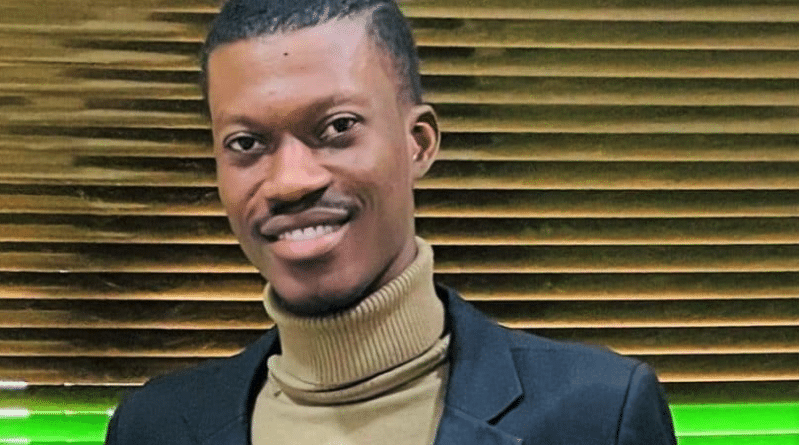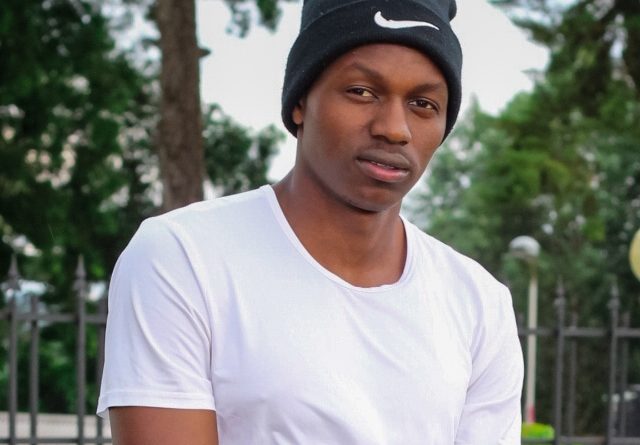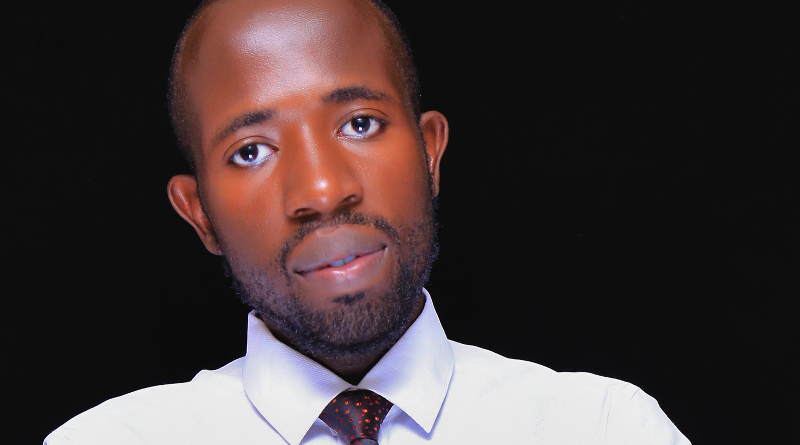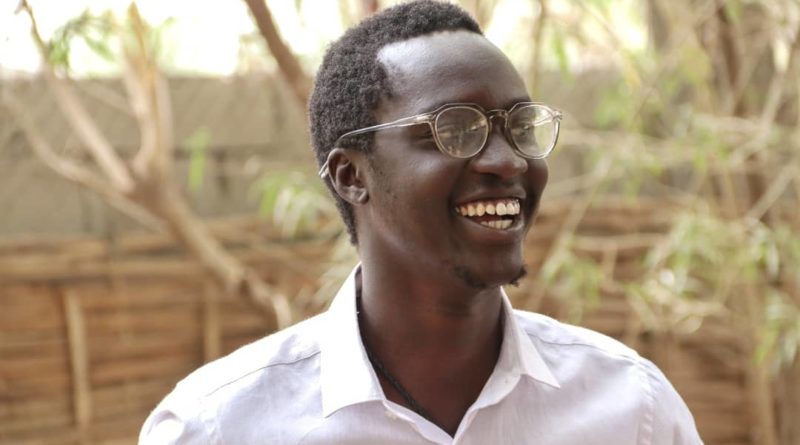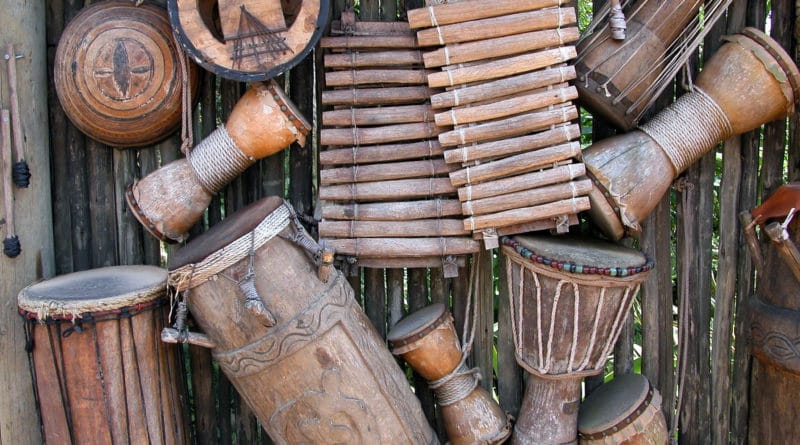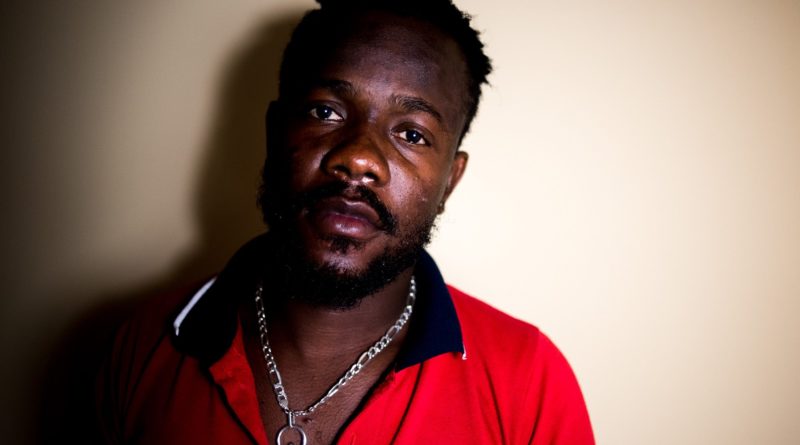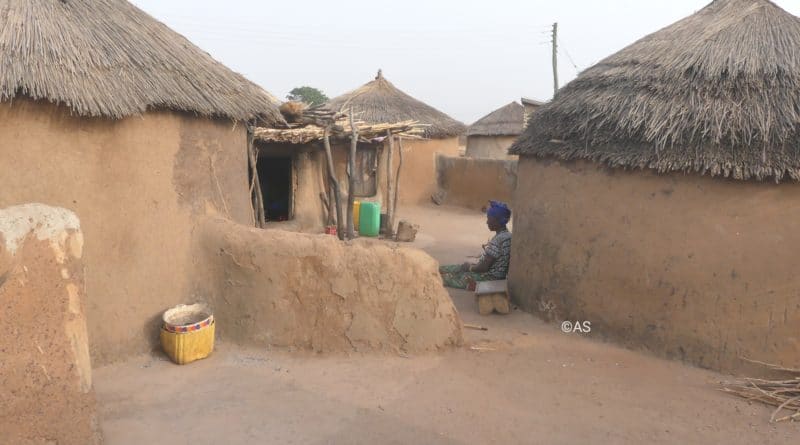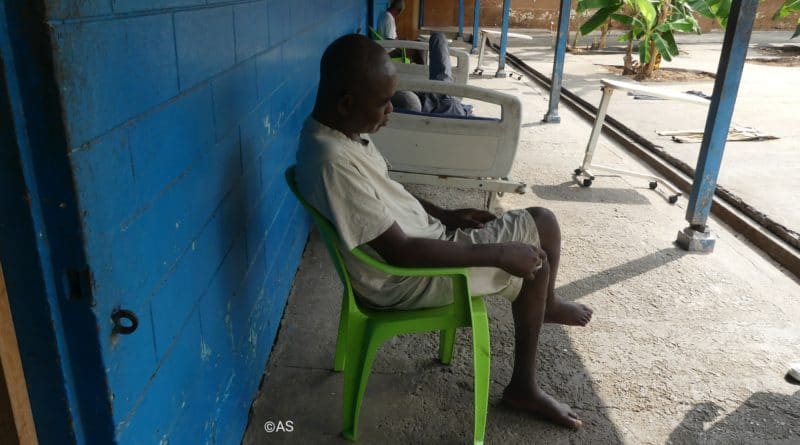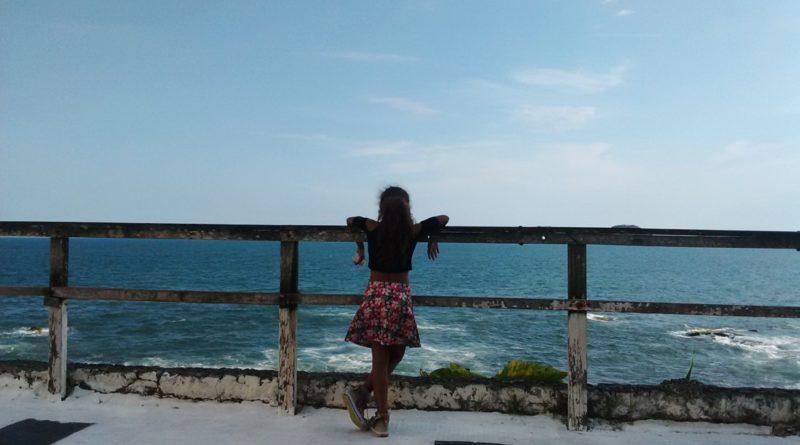“In This World of Ours” society teaches us vanity and isolation
“No man is an island” reads a renowned verse by the English poet John Donne: we are all part of something larger that is humanity. But modern communities are organized in societies that tend to highlight individualism up to the point of leading people to isolate, especially those who can hardly handle cruel social pressures. This is the context of Nigerian author Ayomide Inufin D’great’s poem, its key word being “loss”. We lose our head, our energy, our course, our core values; and we look for a foothold in vanity, in the decadence that envelops us and from which we can still – maybe- save ourselves.
Leggi di più
